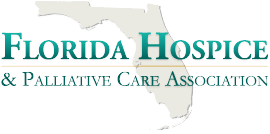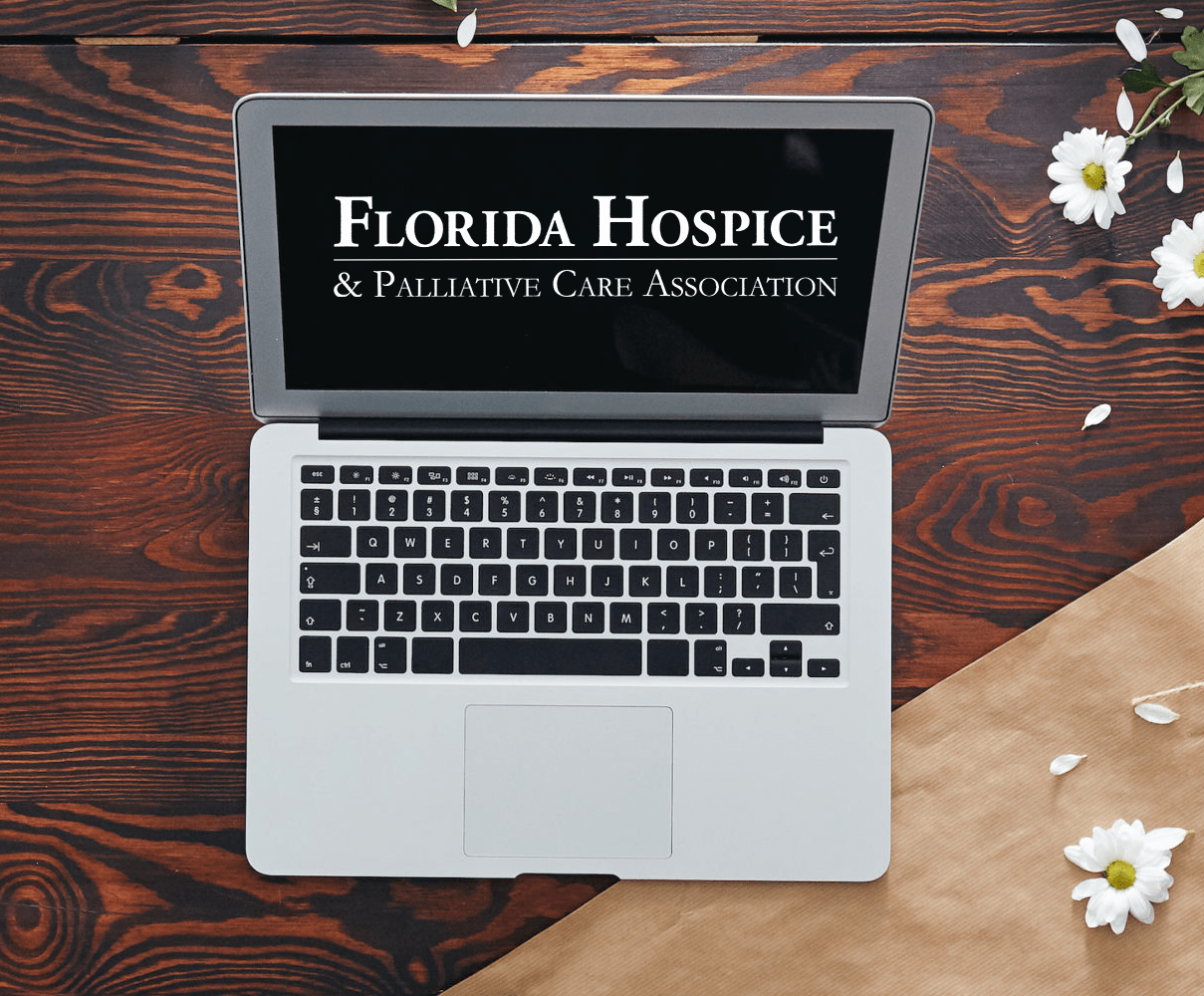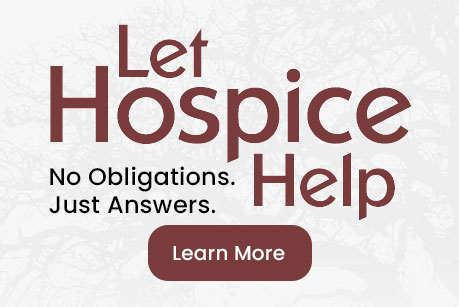The Holidays: How to Cope…
…When the Only Thing You Want, Is the One Thing You Can’t Have
Article courtesy of Avow Hospice, Naples, Florida
The sobbing didn’t start until it was time to put the lights on the tree.
For years Nancy had chided Don that it was time to ditch the old artificial spruce: it was spindly, with bits of tinsel from earlier Christmases stuck to some of its prickly plastic branches. It also wasn’t “pre-lit”, the way newer trees were. So every holiday season Don patiently untangled string after string of multicolored bulbs and green wires. Without fail, a loose bulb darkened an entire strand. Nancy would have ditched the whole set and bought a new one, but Don enjoyed the challenge of finding – and fixing – the problem. He twisted and tugged on the little bulbs until the entire string twinkled with light in his hands.
Ten months had passed since Don’s death – ten months that were filled with depression, loneliness and poor sleep – but also with the first signs of healing. Nancy had coped when Don’s birthday and their anniversary came and went; she’d even attended their daughter’s wedding alone and had joined a new book club.
So she was surprised when the floodgate of tears came in early December, when she’d hauled out the decorations for her first holiday alone. It was the sight of the tangled lights, waiting for Don’s patient touch – waiting, as she was, for things to be the way they’d always been.
For those facing their first holiday season grieving the loss of a loved one, may feel lost, like Nancy. Family traditions may feel hollow or pointless, given the reality of life without the person who has died.
There are some things you can do to live more peacefully through a season that focuses on families, togetherness and celebrations – even if all you want to do is curl up on the sofa and stay home until the New Year arrives. Here are some suggestions.
- Acknowledge how you feel. If you’re in lousy spirits, admit it – don’t try to pretend that this year will be no different than past years.
- Express your emotions in ways that feel right for you. For Nancy, giving way to a big cry was cleansing. You might feel better talking to a friend, writing in a journal, taking a long walk, dancing, singing or painting. The secret is to be you.
- Accept your feelings, whatever they may be. Some people are horrified to find themselves angry at the person who passed away – angry for being in the uncomfortable world of living without a spouse, parent, child or other important person. Others feel guilty for having fun and “forgetting” about their grief in the midst of holiday merriment. There’s no one right way to feel – all feelings are a sign that you’re human and reflect where you are in your healing process.
- Talk with others about the difficulties you’re afraid you may encounter. If you’ve always shared a holiday dinner with another couple and this year you’re alone, you might feel awkward or left out. Talking with others can help you identify ways to handle the occasion with a minimum of pain or sorrow. Tell people what you’d like them to do or not do to help you. They’ll appreciate your candor – most people want to be helpful and sensitive but need your guidance.
- Do something for someone else. Maybe you’d like to walk the dogs at the local animal shelter, cook a meal for someone who’s alone, help a senior or other person tackle their holiday shopping, run errands for someone with no car or no time, bake cookies for the reception at your club or church – whatever feels good and right to you.
- Remember your loved one to help him or her stay alive in your heart. Read his favorite poem, plant an herb she would have liked to cook with, buy something for yourself in memory of your loved one, look at photo albums or play the holiday music that meant so much to the person you loved. Reminiscing is healthy and can help you find joy in difficult times.
- Reach out for help. Most hospice organizations offer grief support programs and often have professional counselors on staff .These counselors are great listeners and know all about loving, losing and missing someone. Contact your local hospice to learn more about the support programs available in your area.
 About Avow Hospice
About Avow Hospice
Avow Hospice is an independent, non-profit, community hospice serving Collier County, Florida since 1983. To learn more about the programs offered by Avow Hospice, visit www.avowhospice.org.



